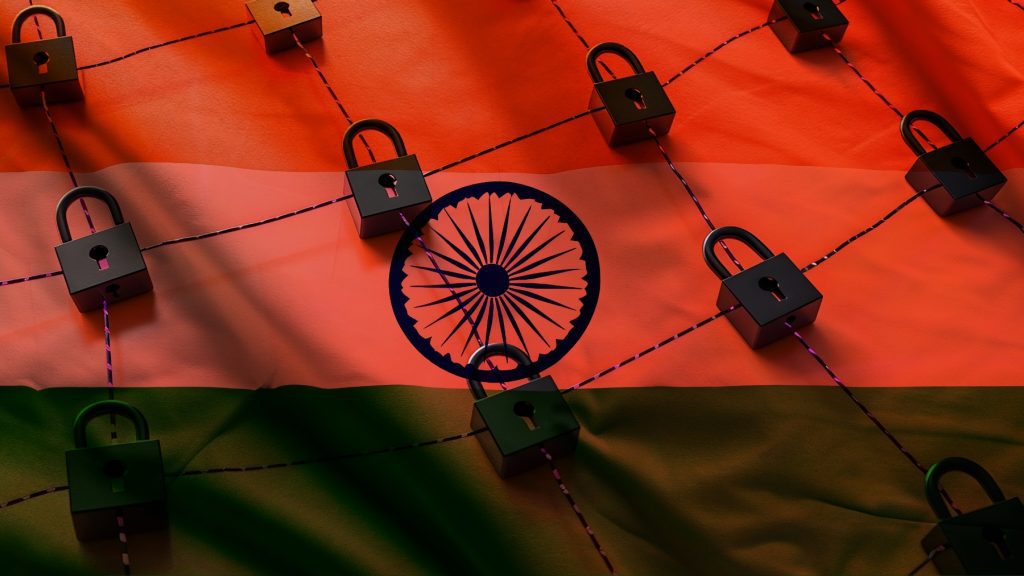
Indian telecom Carriers will be disconnecting over 1 million mobile connections to combat cybercrime.
- Investigations revealed cybercriminals using thousands of mobile connections with a single handset.
- Cybercriminals exploit loopholes by using SIM cards from different telecom circles and frequently switching SIM cards and handsets.
Telecom carriers across India are set to disconnect approximately 1.8 million mobile connections in a nationwide effort to combat cybercrime and online fraud.
In 2023, India, with a population of over 1.4 billion, saw 129 cybercrime per 100,000 population, according to the National Crime Record Bureau (NCRB). To make matters worse, a significant portion of cases go unreported, which means that the actual rate of cybercrime might be even higher.
As a result, the Indian government initiated its first nationwide operation targeting cyber thieves. They prefaced it with an extensive investigation, during which multiple law enforcement agencies discovered widespread misuse of mobile connections for cybercrime and financial fraud.
An official told The Economic Times, “During investigations, it was detected that in many instances, a single handset was used with thousands of mobile connections.” Typically, a single mobile phone is linked to a single SIM card. However, they found out that these cybercriminals managed to use a single phone to handle thousands.
On May 9th, the Department of Telecommunications (DOT) asked the telecom carriers to disconnect 28,220 mobile phones and re-verify over 2 million connections linked to them. They found that “only 10% of the connections get verified and the rest get disconnected, failing re-verification.” The mobile connections will be disconnected only once telecom operators complete the re-verification process within 15 days. So, on May 24th, most likely.
Last year, telcos disconnected around 200,000 SIM cards for allegedly being involved in cybercrime. Cybercriminals exploit loopholes in SIM card registration and network monitoring to make detection harder.
In India, telecom operators use specific geographical divisions (telecom circles) to manage telecommunication services. Several different operators are licensed to conduct business in each telecom circle. Cybercriminals would use a SIM card issued to one circle while they were in another. As a result, locating them becomes harder.
Telecom companies also flag SIM cards with high outgoing call volume. To mitigate this, cybercriminals would make only a few calls from each SIM card. Not to mention, they frequently switch between SIM cards and phones, making it harder to track a specific device or phone number.
Telcos’ interference may have an immediate impact on cybercrimes, as it disrupts operations. However, it won’t be until the connections are severed to see how truly effective these measures are. Is it accurate enough, or will innocent users be affected?
If it proves successful, other countries that also suffer from high rates of cybercrime and online fraud could apply this method. In a 2024 paper, researchers put together “a global metric of cybercriminality organized around five types of cybercrime.” It found that the top 5 countries are:
- Russia
- Ukraine
- China
- The United States
- Nigeria
Depending on which of these countries it may not be simple. In the U.S., for example, given the vast number of telecom carriers and mobile users, this would need a rigid collaboration between all concerned parties to ensure that only malicious actors are getting axed.
In China, on the other hand, the government keeps a close eye on its telecommunications sector and its unique capacity for large-scale data analysis. So, integrating the needed data into the surveillance system would go a long way in identifying and disconnecting suspicious mobile connections.
Inside Telecom provides you with an extensive list of content covering all aspects of the tech industry. Keep an eye on our Operators section to stay informed and up-to-date with our daily articles.